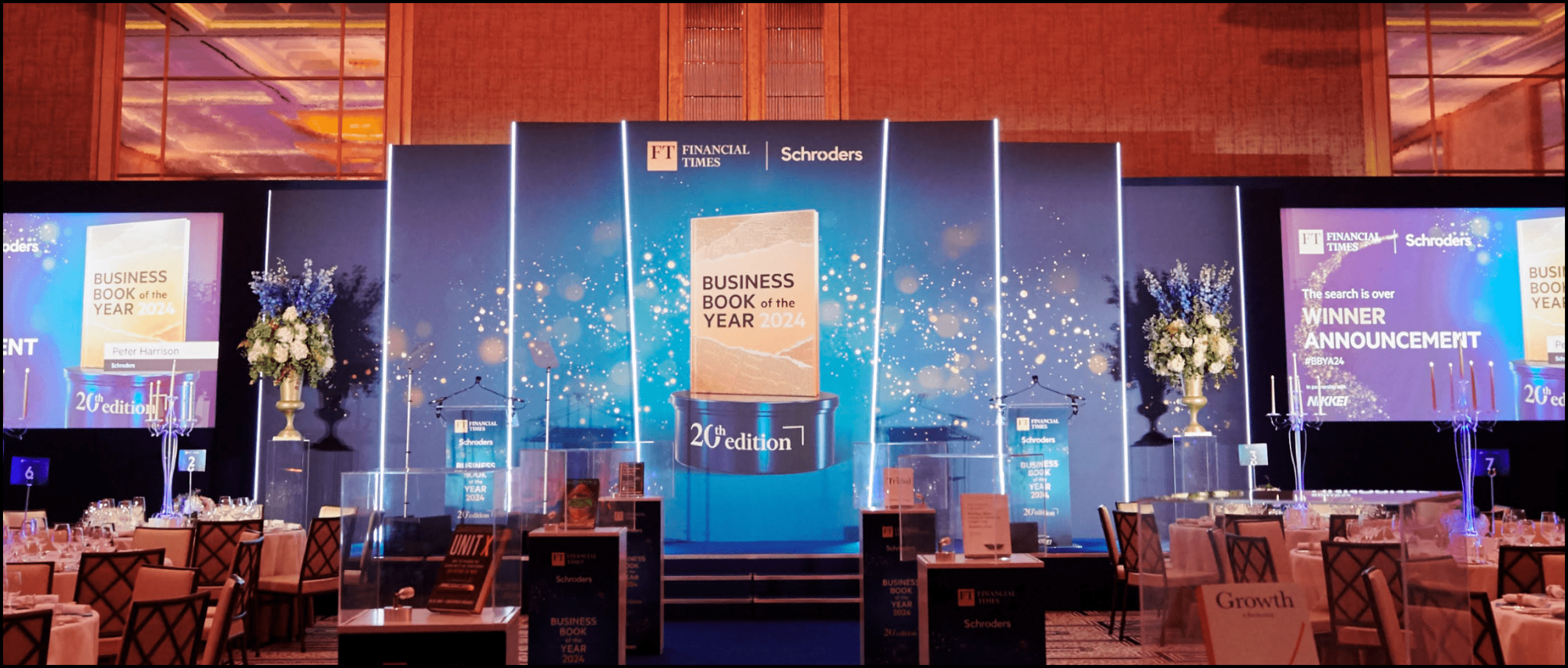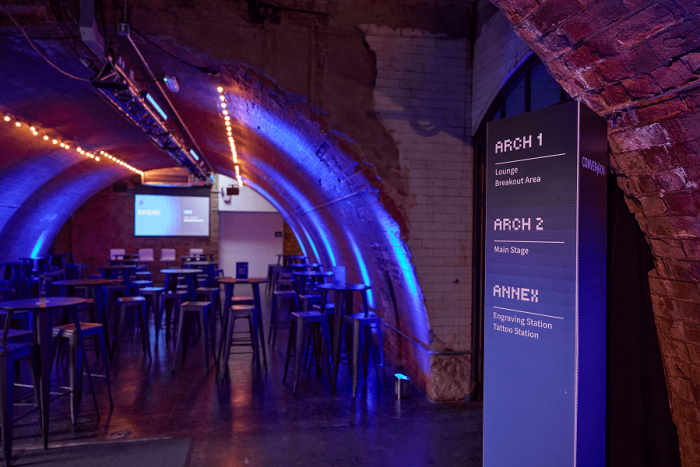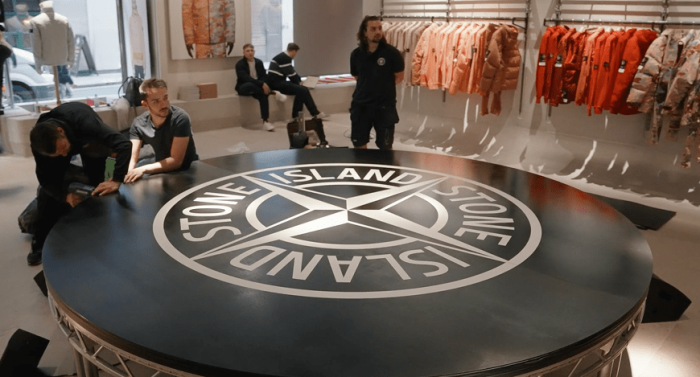The Secret to Seamless Live Streaming: AV Tips for Flawless Events
Want to host a professional live stream without tech failures? Discover the essential live streaming AV tips that ensure smooth...

Event branding is more than logos and colour palettes. It’s sharing visual identity and messaging of your brand. Whether that’s through bold visuals, clever use of materials, immersive environments, or digital content that lives beyond the room, impactful event branding has the potential to create emotional connection, reinforce recognition, and keep your brand front of mind long after the event is over.
And it’s not just for physical events — these principles apply just as much to hybrid and virtual formats, where consistency and creativity are just as critical.
In this post, we’ll dive into how to design branded spaces that do more than look good — they connect, engage, and stick.
Go beyond visuals and engage all the senses! Immersive experiences are about designing a space that aligns with your brand, both visually and sensory. This is where materials, layout, lighting, sound, and digital content converge come in, to shape audience perception and emotional response.
In order to immediately set the desired tone and to guide audience attention, lighting design needs to be considered. Whether it’s a wash of coloured uplighting that reflects the brand palette, focused spots that highlight key activations, or soft ambient lighting to support a relaxed atmosphere — light is a powerful tool for storytelling. Using Gobo lighting is another method of projecting branded elements across walls and ceilings, making use of every part of the space and offering a striking yet cost-efficient way to increase brand presence. When synchronised with the schedule of your event (for example, brighter for keynotes, warmer for networking), lighting becomes part of the narrative flow.
Clear, well-managed audio ensures the message lands — but ambient soundscapes or subtle background music can reinforce your brand mood just as effectively. Whether it’s an energetic mix for a product launch or calm and instrumental music for a wellness panel, the right sounds enhance immersion and set the overall tone of the event.
This is where branding can truly come alive. From LED walls and hanging digital frames, to screens embedded into staging or venue architecture. These surfaces offer versatile, high-impact ways to deliver branded content. If the event is being live streamed, digital assets can support both the in-room and virtual experience, with branded lower thirds, speaker transitions and more, providing another avenue to create a cohesive branded event.
Combining these elements allow businesses to transform a venue into a fully branded environment — one that captures attention, reinforces values, and leaves a lasting impression.

Branding should extend beyond the stage or screen. Effective event branding weaves visual identity into every touchpoint — creating an environment that feels intentional, immersive, and unmistakably on-brand.
The old model of “audience facing a stage” is evolving. More and more, we’re seeing brands embrace central, round or open-plan staging that encourages interaction from all angles.
Branded hanging elements, wraparound lighting, dynamic content on surrounding LED walls — these are all tools that support storytelling from any seat in the room.
One of the key challenges in event production is waste from single-use branding. This can be reduced by designing assets with reuse and adaptability in mind — for example, recyclable backdrops, modular panels, or interchangeable printed elements that can be refreshed between events. Where possible, branded builds should be designed to be repurposed rather than discarded.
Working with eco-conscious suppliers and materials can also make a difference. Prioritising sustainably sourced wood, recyclable foamex, or fabric alternatives helps lower environmental impact. Even with printed assets, thoughtful design choices can extend their lifespan — or using materials that are easy to recycle after the event.
Digital solutions offer further opportunities for sustainability. LED walls and animated content can reduce reliance on large-format printing while maintaining high visual impact, and motion graphics can be adapted for each event without generating additional production waste.
Great event branding doesn’t shout — it immerses. It invites your audience in and lets them feel what your brand is all about. Whether it’s a conference, product launch, or experiential pop-up, we can help you design a space that tells your story from the inside out!
or
Designed and built by ONQOR.

